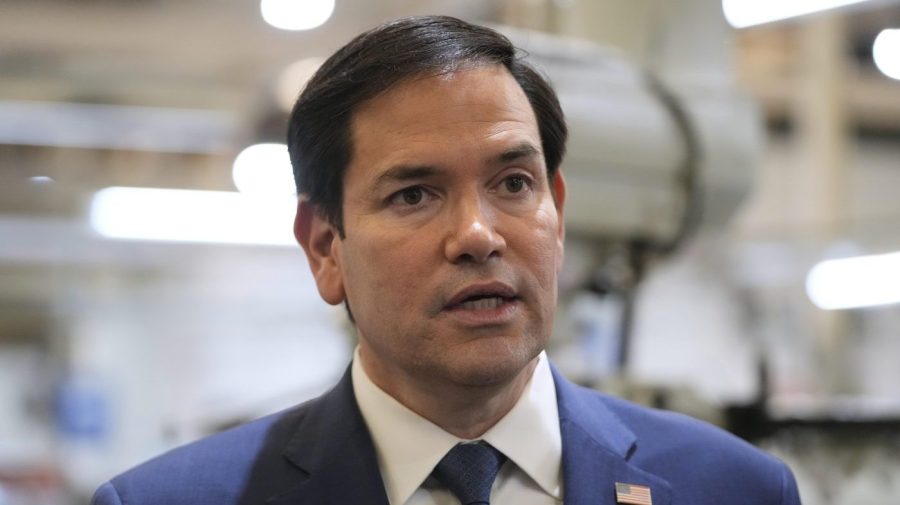El Salvador Offers to House “American Criminals” and Deportees
U.S. Secretary of State Marco Rubio announced that El Salvador’s President Nayib Bukele has made an unprecedented offer to accept deportees from the United States, including American citizens convicted of violent crimes. This development comes as part of Rubio’s five-nation Central American tour, focusing on immigration and regional security issues.
Key Points:
1. El Salvador has offered to accept deportees of any nationality detained in the U.S. for violating immigration laws.
2. The offer extends to housing “dangerous American criminals” currently serving sentences in U.S. prisons, including U.S. citizens and legal residents.
3. President Bukele confirmed the offer, stating El Salvador would accept only “convicted criminals” and charge a fee to make their prison system sustainable.
4. This agreement is being referred to as a “safe third country” agreement.
Potential Impact and Significance:
This offer, if implemented, could have far-reaching implications for U.S. immigration policy and international relations:
1. Immigration Enforcement: It could provide the U.S. with additional options for deporting individuals who have violated immigration laws, potentially easing pressure on the U.S. immigration system.
2. Criminal Justice: The proposal to house American criminals in El Salvador raises complex legal and ethical questions about the treatment of U.S. citizens abroad and the conditions of foreign prisons.
3. Diplomatic Relations: This agreement signifies a deepening of U.S.-El Salvador cooperation on migration issues, which has been a priority for the Trump administration.
4. Human Rights Concerns: Human rights activists have warned that El Salvador lacks consistent policies for treating asylum seekers and refugees, raising concerns about the potential scope and implementation of such an agreement.
Background:
The Trump administration has been working with Central American countries to increase immigration enforcement and accept deportees from the United States. This offer from El Salvador comes amid a broader context of U.S. efforts to reduce migration from Central America and address concerns about border security. Simultaneously, the U.S. is grappling with internal changes to its foreign aid structure, with the U.S. Agency for International Development (USAID) undergoing significant restructuring.
Different Perspectives:
Conservative View: Supporters of stricter immigration policies may view this as a positive step towards deterring illegal immigration and managing the U.S. prison population more efficiently.
Liberal View: Critics may raise concerns about human rights, the treatment of deportees and prisoners in El Salvador, and the potential for this agreement to circumvent due process for asylum seekers.
International Reaction:
The international community may view this as an unprecedented move that could set a new precedent in global migration management and criminal justice practices. As this story develops, it will be crucial to monitor the legal, ethical, and practical implications of such an agreement, as well as its impact on U.S.-El Salvador relations and broader regional dynamics.









